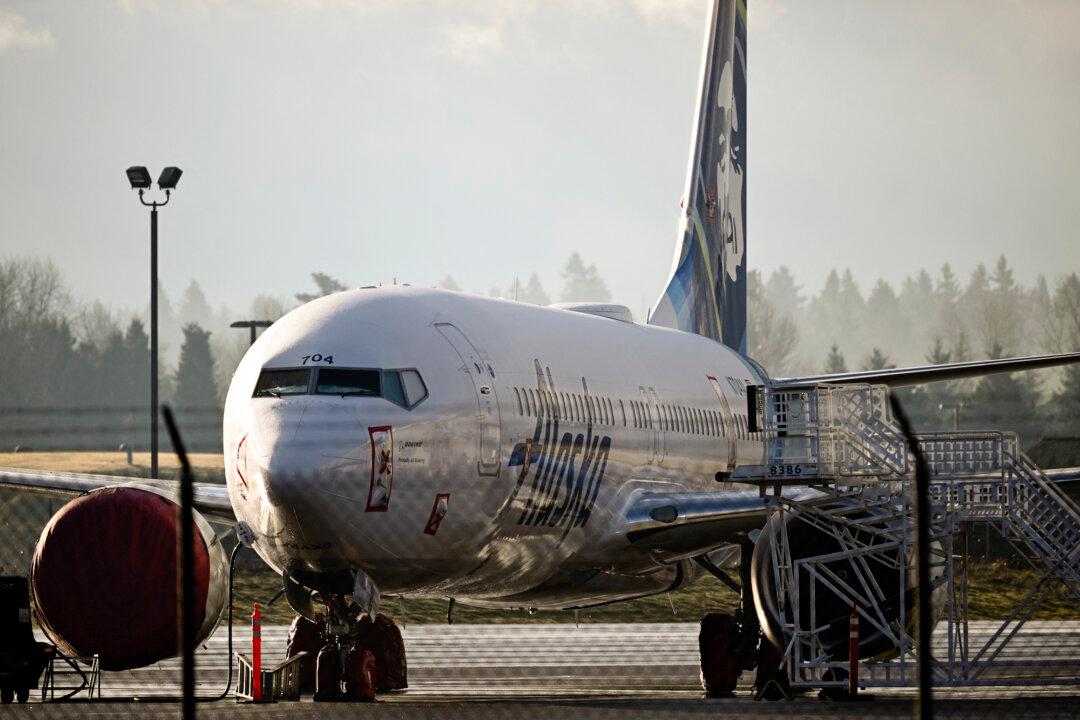A new Boeing whistleblower was announced late on June 17 by a Senate committee less than 24 hours before it will hold the first hearing featuring the company’s CEO since the Alaska Airlines door panel incident in January.
Sen. Richard Blumenthal (D-Conn.) released a staff memorandum ahead of the June 18 hearing with Boeing CEO Dave Calhoun.





